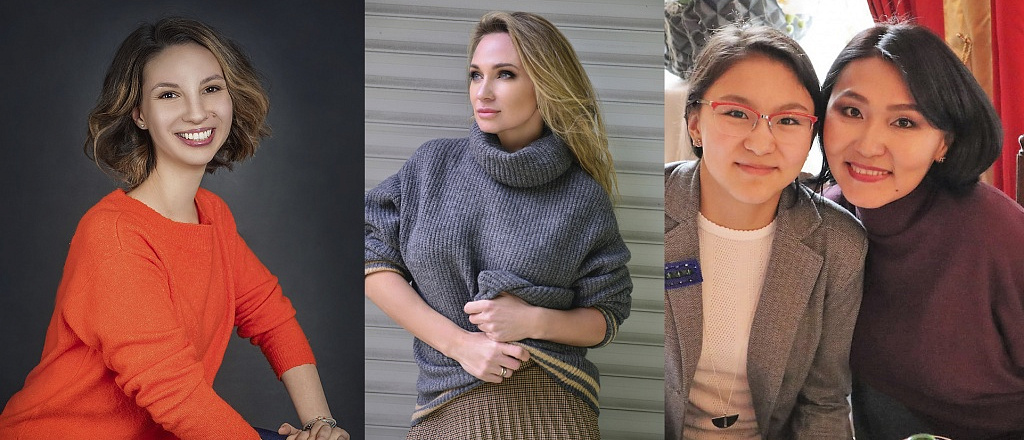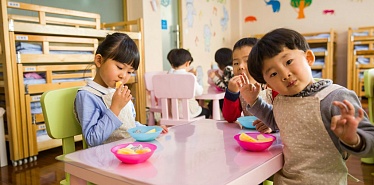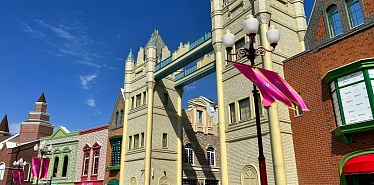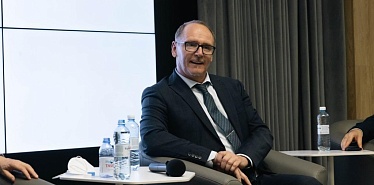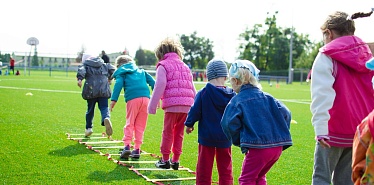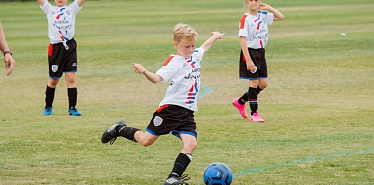Anna Vanina, 38 years old, hometown — Ventspils, Latvia, jewellery designer, @annavaninaa
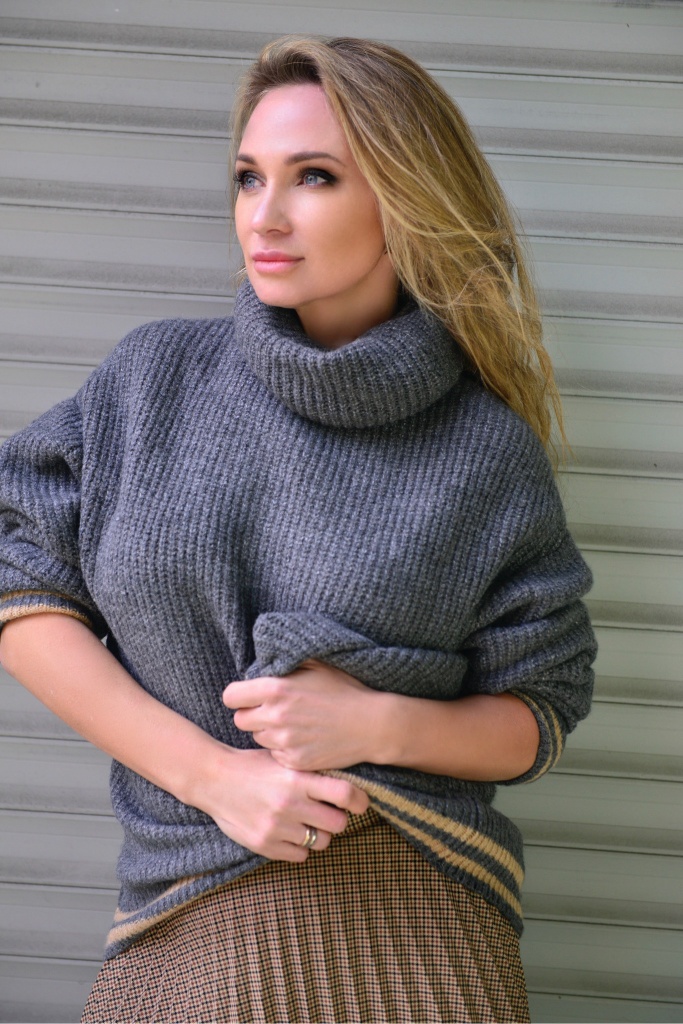
My family and I live in Thalwil, Canton Zurich. We moved because of my husband's work. We have two sons. Senior student in the second Sekundarschule normal Swiss school. The eighth grade of high school in Russian. The youngest will go to the preparatory group in August.
About education system
Education in different cantons of Switzerland is different in terms of duration of classes, curriculum and even passing scores, but in general, the approach is similar. In compulsory preparatory groups, the children are four years old. They study for two years and go to primary school. After six years of learning, they have the opportunity to go to high school or go to secondary school.
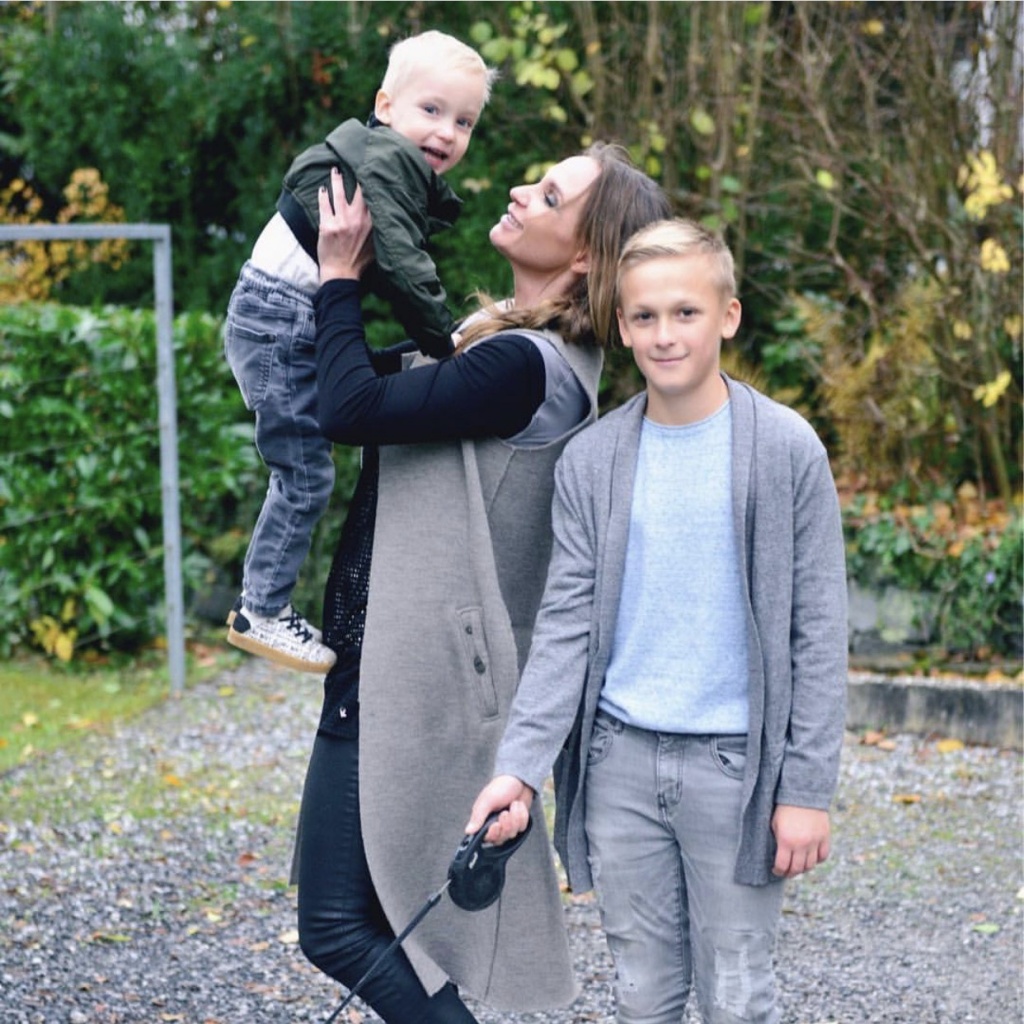
Only the most diligent students can enrol the gymnasium. They are seriously preparing for entrance exams, but even a successful entry does not give any guarantees. Through time, the child can not cope with the load and go back to school.
In middle school, children are assigned to Sek A, Sek B and Sek C by academic achievement. After three years, the child faces a choice: enrol the gymnasium with a goal to the University or continuing education with a choice of a profession. The main difference between Swiss and Russian education is that children early have to decide what they want to do in life.
Russian and Swiss schools differ in the curriculum. The school day is divided into two parts: before lunch and after lunch with a break of about two hours. Vacation time in different places is different. For example, In Zurich, summer holidays last from mid-July to mid-August. With this schedule, children have more holidays during the school year and they are longer than in those cantons where children study until the end of June.
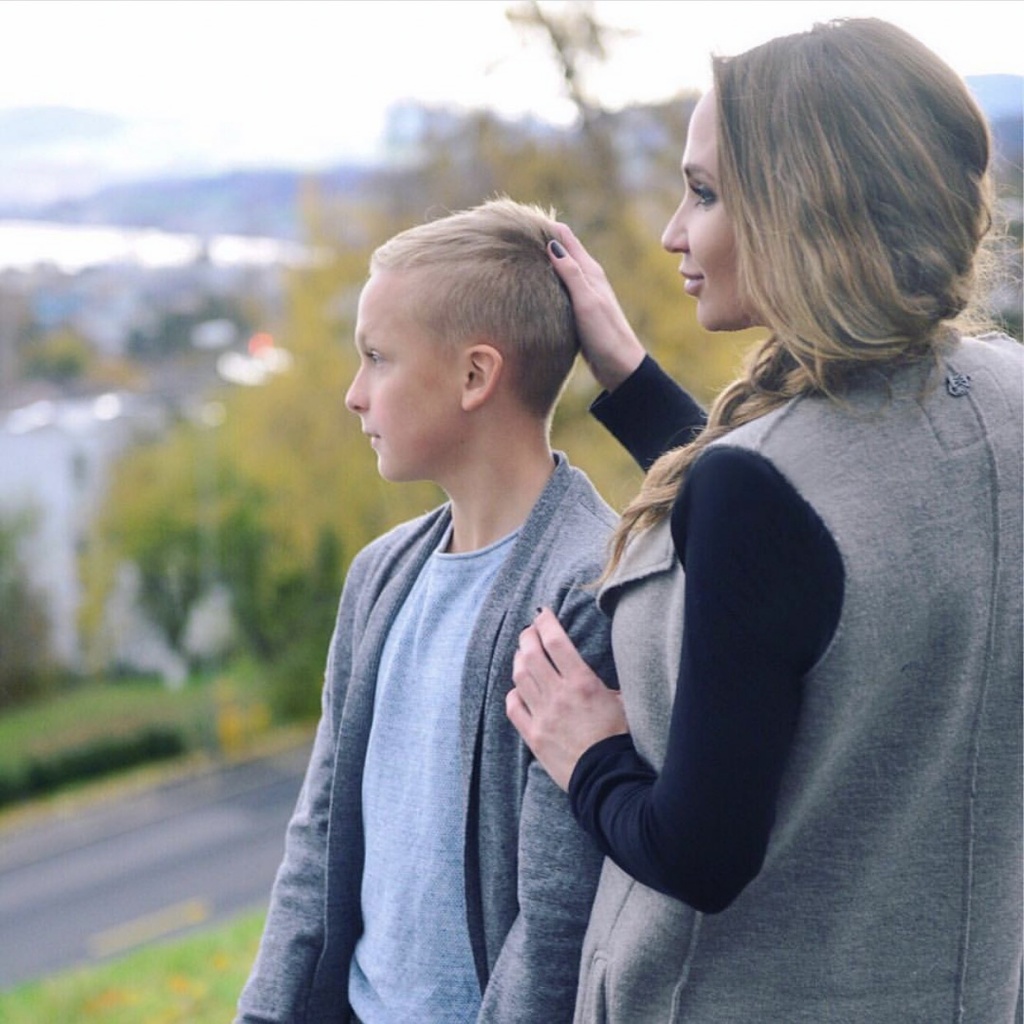
About the advantages
The Swiss educational system aims to make children learn by themselves. In primary school, a student without a thirst for knowledge may well remain in the second year. And in the middle move from Sek A to Sek B. This scheme also works in the opposite direction. If the child takes education seriously then, it's okay to move from class B to class A.
The Swiss educational system aims to make children learn by themselves
The school provides speech teacher or additional lessons on the development of the language if it is not native and necessary. When we moved to the German part, my son had to study in the final grade of primary school in a new language. He was given the opportunity to study at the accelerated language courses. The first half of the day the son spent on courses of German, and in the second half went to the usual school. We were immediately warned that because of the language he will have to stay for a second year.
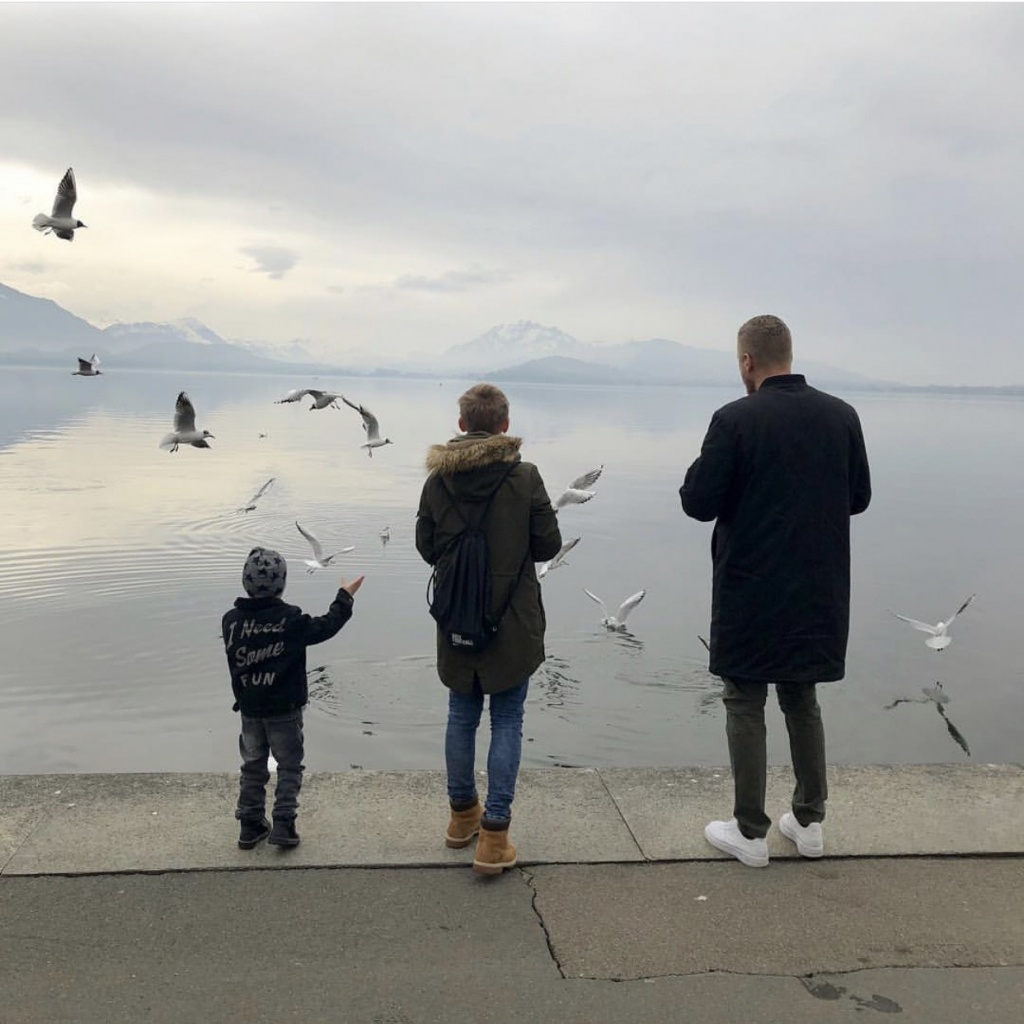
From primary school, parents are encouraged not to interfere in the learning process and only to maintain and create conditions for children to fully immerse themselves in learning. It is important that the student learns to learn. One of the main differences in Swiss schools is that children are trying to interest in learning, to inspire, to motivate.
Swiss schools keep up with the times. Students do a lot of projects, and part of the training takes place on the iPad.
About the disadvantages
Sometimes a two-hour lunch break at school is a challenge for a working parent.
Anastasia Nazarova, hometown — Moscow, teacher, author and hostess of the literary studio «When the book comes to life», @anastasia_alivebook
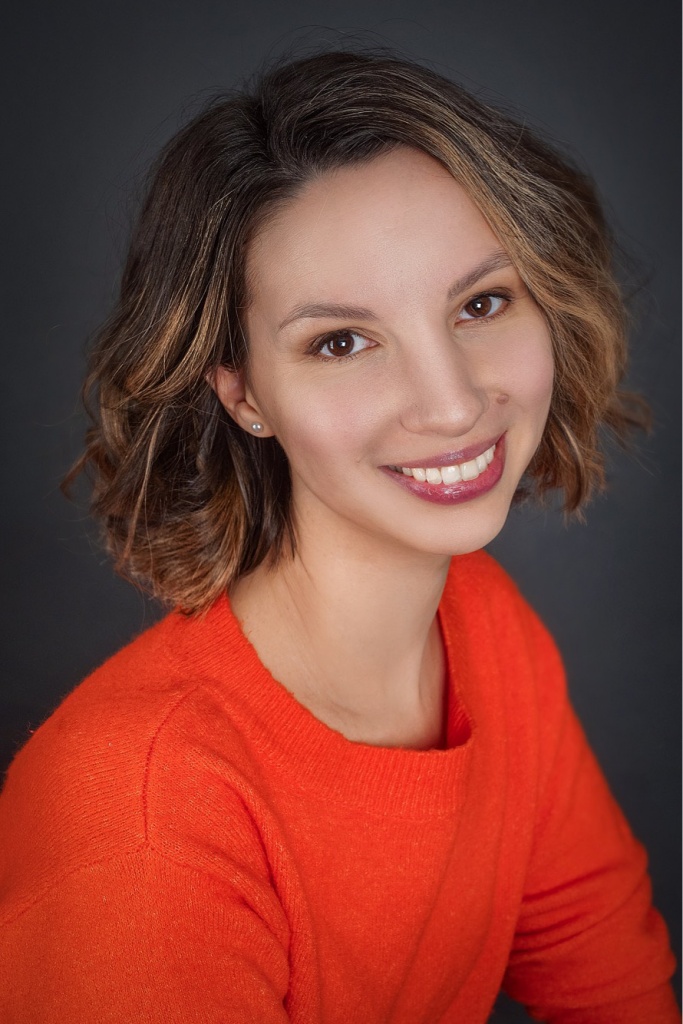
We moved to Switzerland eight years ago. My husband was invited to write a PhD at the University in Lausanne, where we lived for five years. Then we moved to Basel and lived there for two and a half years. Now we back in Lausanne.
Our children are inofon. At home, they are surrounded by Russian-speaking parents, and the family lives in a different language environment.
We lived in two different cantons: French-speaking and German-speaking. It's like two different countries, and only general is stores and a post office. But many differences, including the education system.
About education system
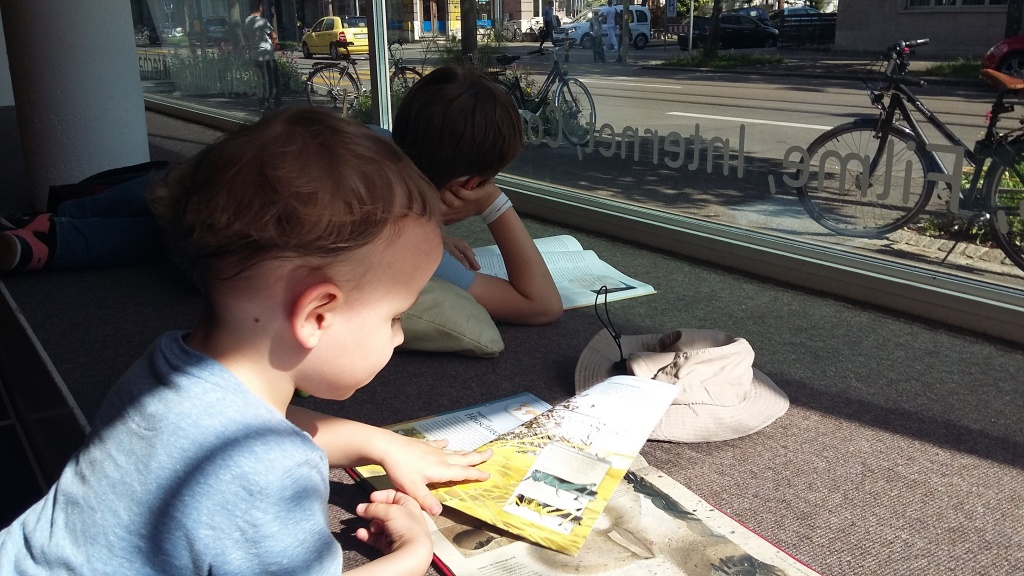
In Switzerland, children go to school from the age of four. The first two years are the middle and senior group of kindergarten, where they play a lot, do something with their hands. Children are in school only in the first half of the day.
For centuries It has been accepted, that women sit at home and takes care of children. And only the last ten years there have been changes, women have also started to work. Therefore, the school day is built so that children have a break of one and a half to two hours in the middle of the day, during which the child must go home. While parents are at work children can be at private organizations during lunch time.
All services of such private organizations are paid, and the amounts are calculated from the size of the salaries of parents. For one child it can cost 1,000 francs and much less for another.
About the advantages
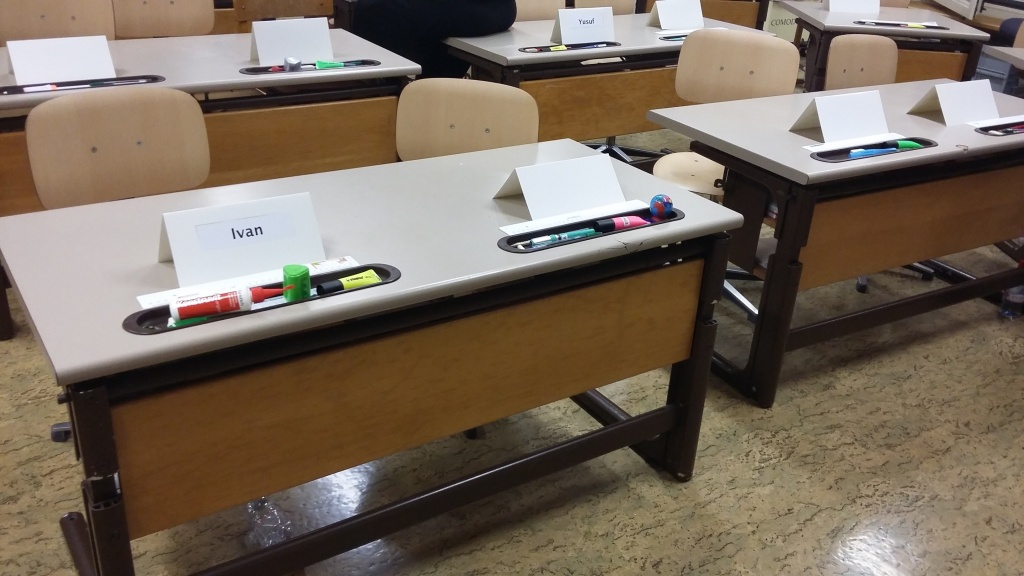
Teaching here is interactive: interaction between the teacher and students, the topic of the lesson is considered from all sides. For example, the eldest child was on social studies topic "Herbs", and the teacher took them to the kindergarten near the school, where the children watched as the herbs grow, learned to distinguish them. Then together they gathered the herbs usually added to tea: lemon balm, mint, processed them and drank herbal tea. The child after school enthusiastically tells what they were doing. He has a desire to learn, to go to school.
I often have to compare Russian school and education with Swiss, because my mother is a teacher in a primary school in Moscow. There is an opinion that Swiss education is weak in comparison with Russian. And if you want a child to go to University, you have to download it extra. But this applies to the Russian school and Swiss as well.
Everything I hear about education in Russia upsets me. There are also moments that I do not like in Switzerland. No matter where you live, the main thing is which teacher will you face. My children are lucky, every time they have extremely pleasant, intelligent and special teachers full of enthusiasm and make children interested in learning.
Their idea of semantic reading is especially close to me. Attention is paid not to speed, but to working with text. Children read aloud, parse the text, answer questions, try to understand the meaning of each word, sentence, the whole text. I use this direction in my literary studies. Classes with children from a bilingual and foreign language in Switzerland.
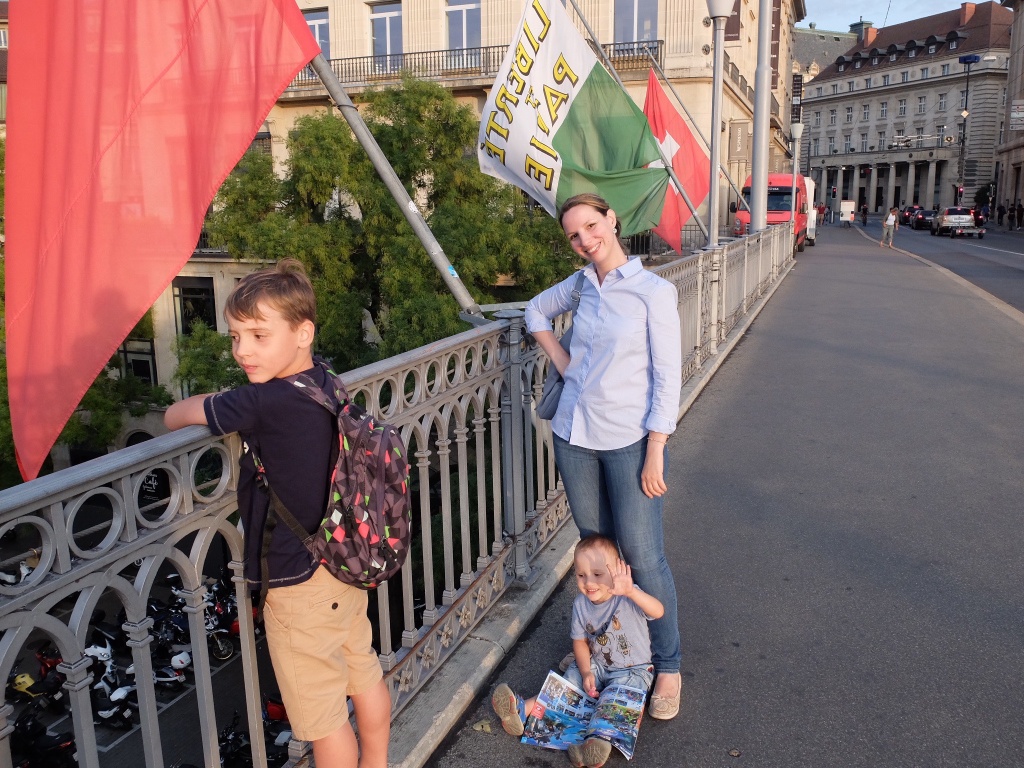
Swiss schools primarily educate individuals who know their worth and learn to respect others. The lesson begins with a handshake of the teacher and students. The same children do in response to the teacher. It's an important ritual.
Swiss schools primarily educate individuals who know their worth and learn to respect others
About the disadvantages
By law, in the canton of Basel, a child up to four years old is at home with his mother. You can apply for a private kindergarten, but if it turns out that mom or dad is unemployed, after three months the child will no longer be able to claim a place in kindergarten.
Aigul Franzi, 35 years old, hometown — Almaty, housewife, @aigul.f
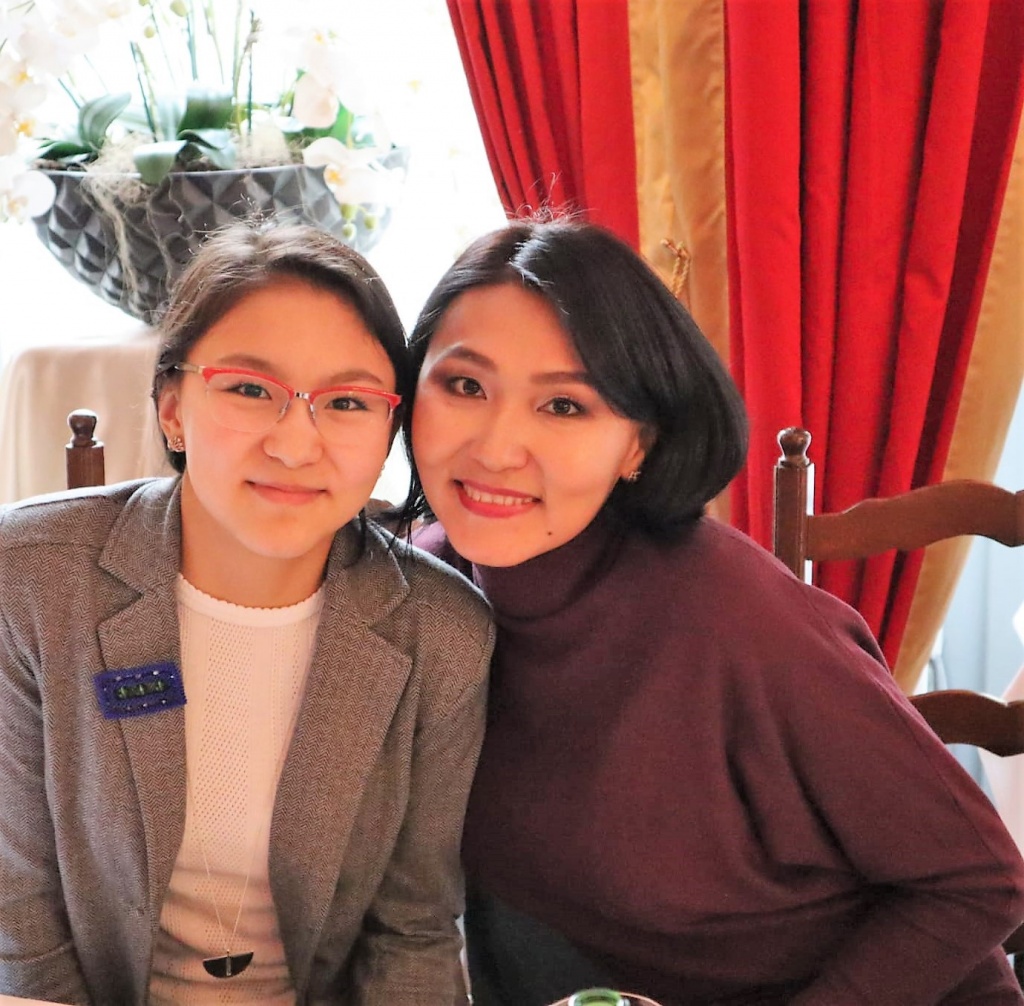
I moved to Switzerland with two children seven years ago. My second husband is Swiss. We have three children: daughter 14 years, son 10 years and youngest son 5 years. The older children go to school and the youngest in kindergarten.
About education system
Kindergarten in Switzerland is mandatory and begins with four to five years. If parents believe that the child is not ready yet, you can take a break for one year. In the garden, teachers are trying to develop logic and don't teach the letters and numbers. If in Kazakhstan, the child, going to the first class, can read and write, here it is avoided to make the first class interesting.
Switzerland has four official languages. We live in German territory, where the main language is German, but children in the fifth grade already learn French, and in the eighth Italian.
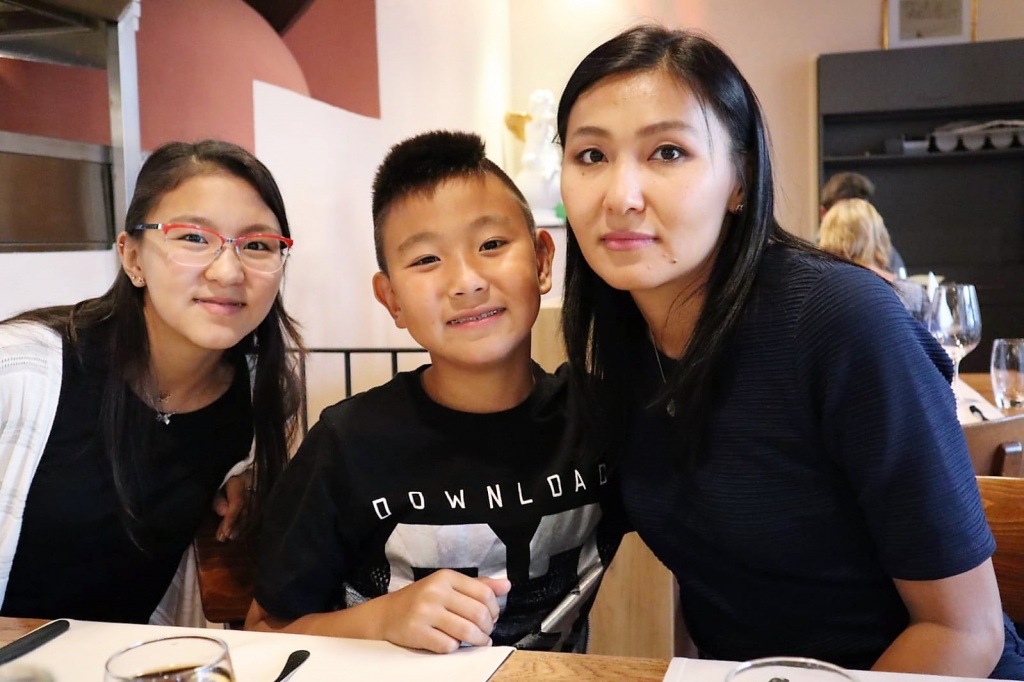
Starting from kindergarten, parents meet with teachers in the middle of each year face to face. They are told about the success of the child and the gaps that need to be paid attention.
After primary school, the child, depending on their grades, enters one of three types of schools: Bezirksschule for those who study well, Sekundarschule for children of average performance and Realschule for weak students. If a student in Realschule has good grades, then a student can be moved to Sekundarschule next year. It is the same from Sekundarschule to Bezirksschule, but the child loses a year.
If the child learns well, the teacher offers parents to jump over the class. Or pass the class again of the child is weak at studying. Here it is perceived normally.
There are several options after three years in high school: Kantonsschule and Berufsbuilding. My husband graduated from Bezirksschule, then went to college and got a certificate, but he does not have a diploma of higher education. Here a large number of people do not get a diploma, just graduate from college. This is enough to work successfully. Those who want to become a lawyer or a doctor go to University.
Children in Switzerland often go to school and even to kindergarten on their own
Schools and kindergartens are free. If the child misses kindergarten or school, parents are obliged to warn the teacher. If we miss a day without a good reason, we have to pay 50 francs. We can also use one day pass per year.
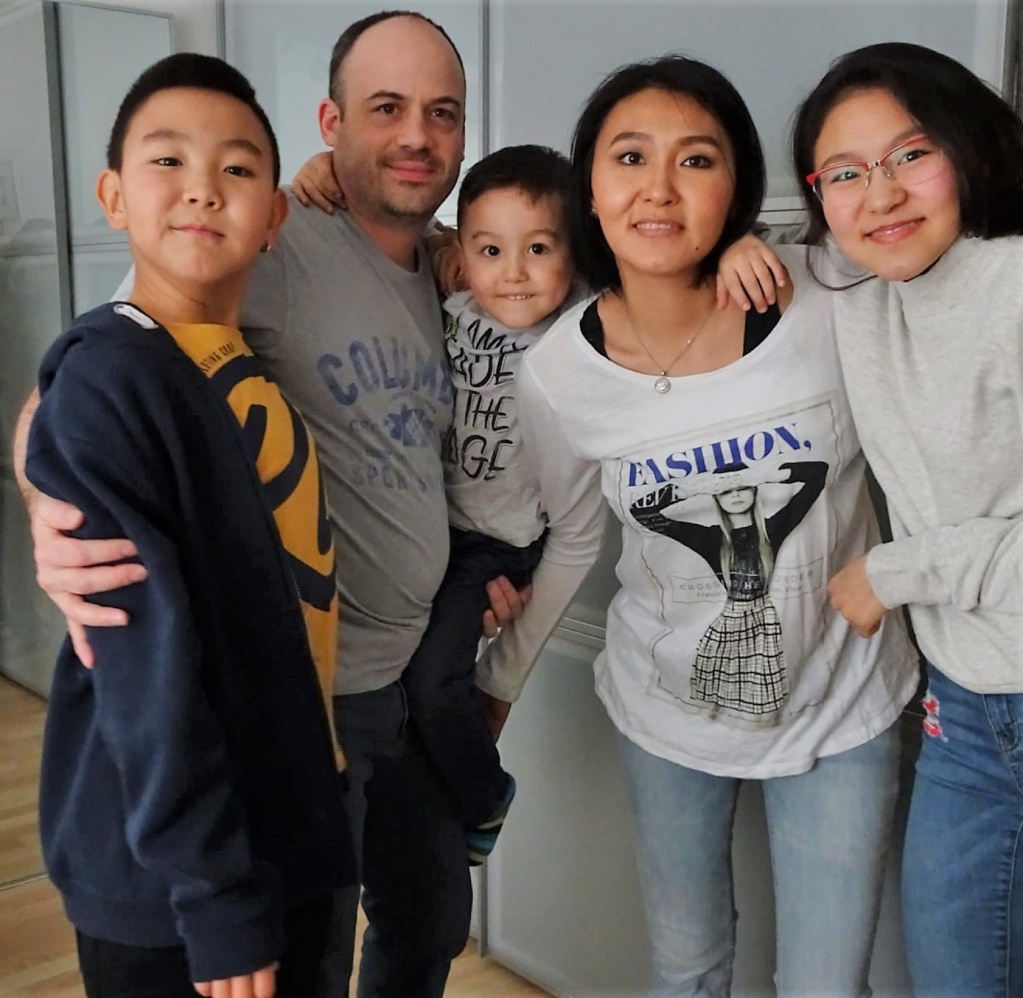
Children in Switzerland often go to school and even kindergarten on their own. It's safe, the streets are quiet. But if a parent wants to bring a child, it is not prohibited.
About the advantages
My daughter studied in Kazakhstan for the first six months of the first class, and then we moved here. In Kazakhstan, after school, we spent half a day doing lessons: writing, mathematics, reading, poetry. It took a long time. Here the first two classes are called kindergarten and the load is virtually absent. I think it gives children a chance to get used to it.
I like that Saturday and Sunday are days off and no homework for these days.
There is no strict discipline, and children are given the opportunity to be more open. In the classroom, they do not go to the board and answer from the spot. Tables are by four for the convenience of communicating with each other. Children can walk around the class to drink water, and they even have toothbrushes so they can brush their teeth.
About the disadvantages
In my opinion, there are practically no disadvantages. The only thing is there are many foreigners and different children with different upbringing. Some may be angry or aggressive, but outside of school, our children may also meet different people. They need to learn to find a common language with everyone.







